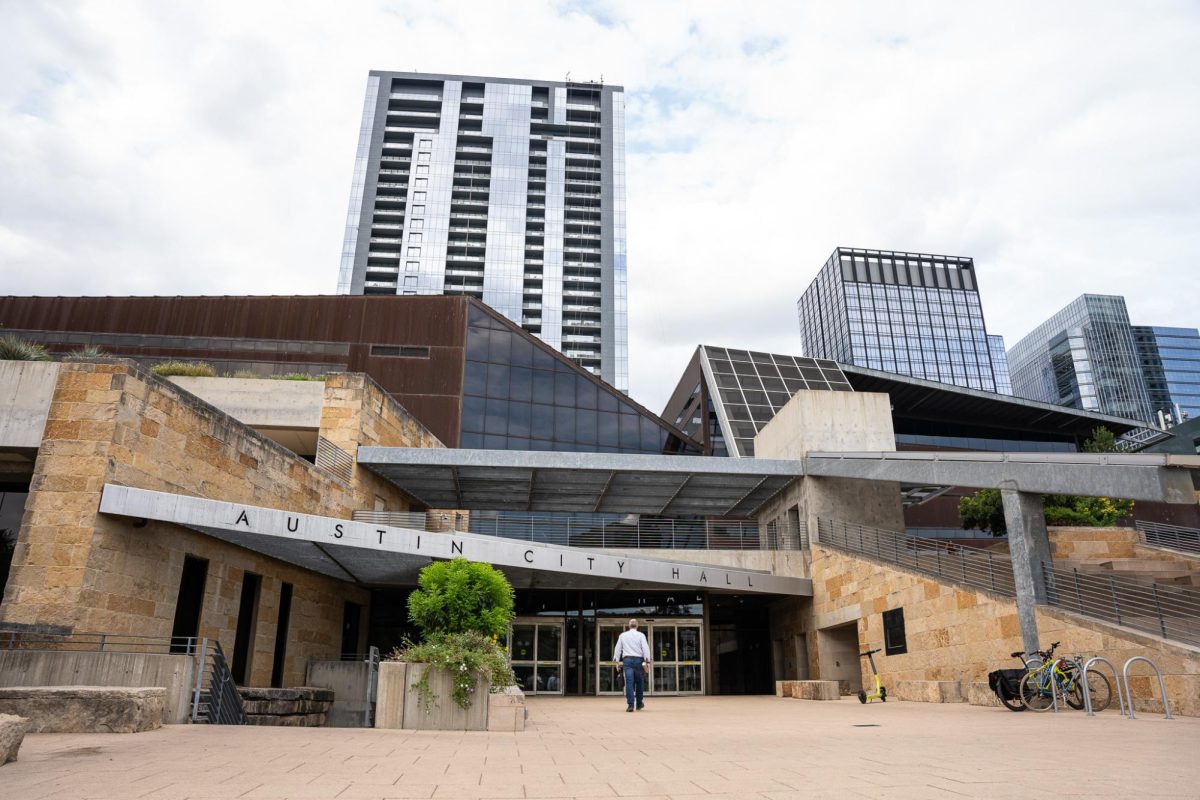Although a commitment to a diverse campus has been at the forefront of discussion of inclusion at the University, another less-known program also works to make sure minorities are given equal opportunity to obtain UT service and production contracts.
The UT Historically Underutilized Businesses program focuses on attracting and connecting businesses owned by minorities and women that can meet University purchasing demands to the University, said HUB coordinator Tiffany Dockery Mays. “We try to make sure faculty and staff who do purchasing know that [whether] a minority-owned business [or] women-owned business, they’re all businesses,” Mays said. “They can meet your needs, too, if given the opportunity.”
The program focuses on connecting historically under-utilized businesses with University departments that have purchasing needs and also hosts an annual fair to bring vendors to meet with purchasing departments.
LaTonya Pegues, owner of communication and marketing solutions firm Boaz Enterprises, participated in this year’s April 17 fair that totalled 200 vendors. She said it helped some businesses overcome barriers unique to Texas.
“Texas is really great for business, but seems to be a very relationship-oriented business state,” Pegues said. “It may be more difficult for businesses without those historical relationships to network with certain clients. Fairs like this one really allow us to network with each other and potential buyers, so it helps foster a more inclusive market.”
In 2011, UT awarded $52 million in contracts to women and minority businesses, the top-spending university in the state. Still, UT has not met its goals of achieving 32.7 percent of HUB vendors in special trade, 23.6 percent in professional services, 24.6 percent in other services and 21 percent in commodities. Deficits to reaching these goals vary from less than 1 percent to more than 9 percent.
Mays, director of the university’s Small and Historically Underutilized Business programs, said although the HUB program does have goals set by the state to attempt to obtain, the goal of the HUB program in not necessarily to meet those goals.
“Our goal really is not to set a goal and say we must meet it,” Mays said. “Our focus is to make a good faith effort rather than always attaining the goals. The goals are a great thing to shoot for, but we are more focused on a quality program helping these vendors and the economic development of the state of Texas.”
UT’s total HUB expenditures were 16.77 percent of overall spending in the 20111 fiscal year, according to a state comptroller’s report, lagging behind 14 of 17 top-spending universities in Texas. Prairie View A&M University led in total percentage of contracts awarded with 38 percent.
The low percentage of HUB expenditures is not an adequate measure of UT’s performance in relation to other state institutions, said Karen Gross, president of Central/Gulf Coast Chapter of the Texas Universities HUB Coordinators Alliance and HUB director for UTMB.
“You can’t compare apples to apples here,” Gross said. “UTMB isn’t going to buy the same things as UT or TXDOT or other state agencies. I buy highly technical complex medical equipment that you can’t get from just anyone. Even when TXDOT buys something as common as asphalt, there may be only a few certified HUB vendors.”
The state data-base that registers HUBs also is often encoded incorrectly by the business owner, she said.
“The vendor is responsible for their own commodity codes and often they are entered incorrectly,” Gross said. “It’s a lot of work to see if they sell the goods or services they are listed as selling.”
Despite occasional data-entry dilemmas, UT’s program does a fantastic job, she said.
“UT and UT system has one of the best, if not the best, HUB program in the state,” Gross said.
Printed on Thursday, May 3, 2012 as: Program ties UT to vendors run by women, minorities




















